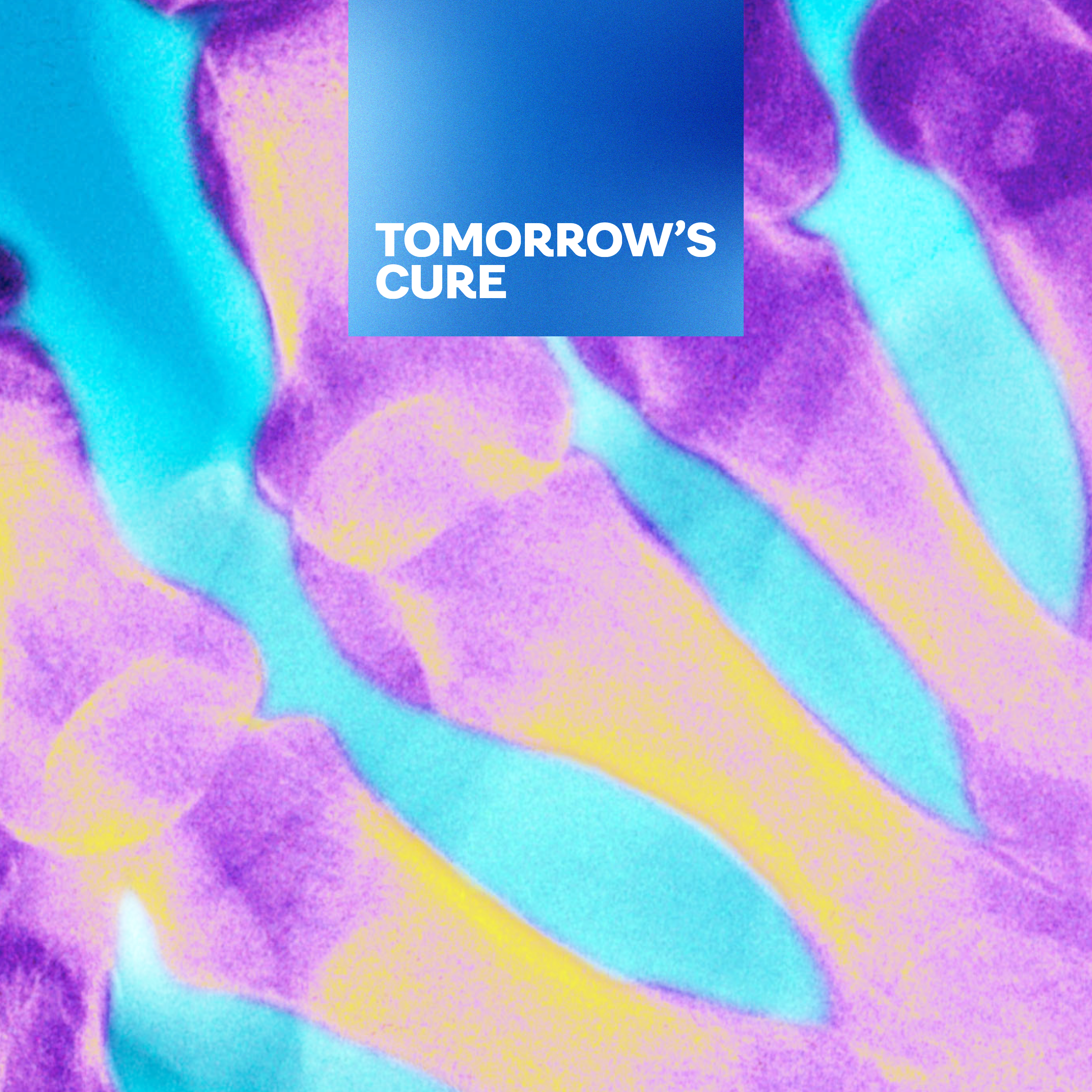-
Research
Mayo researchers earn NIH award to study use of genetic risk scores for heart disease in diverse populations

In recognition of their high impact work of advancing the field of genetic risk profiling for disease risk stratification, the National Institutes of Health (NIH) has awarded Mayo Clinic researchers Iftikhar Kullo, M.D. and Richard Sharp Ph.D. part of $75 million in funding over five years to improve the role of genomics in assessing and managing disease risk.
"The work has the potential to transform how we estimate disease risk in clinical practice." - Iftikhar Kullo, M.D.
Dollars from the award will be used to build upon the Electronic Medical Records and Genomics (eMERGE) Network, a consortium of medical research organizations, to fund a coordinating center and clinical sites. The work will be supported in part by Mayo Clinic Center of Individualized Medicine.
The goal of the clinical sites is to conduct and validate genomic risk-assessment and management methods for a number of common diseases in the general population, such as coronary heart disease (CHD), Alzheimer’s disease, and diabetes, by recruiting people from diverse groups, including ethnic minority populations, underserved populations, or populations who experience poorer medical outcomes.
The research will be done in collaboration with Mountain Park Health Center, Phoenix Arizona, a Federally Qualified Health Center. To enhance diversity in genetic research, more than one third of the study’s participants will belong to minority groups.

"We are delighted to be part of eMERGE Network phase IV in which investigators will develop and implement Polygenic Risk Scores (disease risk based on DNA variants) for common diseases, and assess outcomes following disclosure of these scores to those at the highest risk," says Principal Investigator, Dr. Kullo, professor and consultant with the Department of Cardiovascular Medicine. "The work has the potential to transform how we estimate disease risk in clinical practice."
"I'm especially pleased that studies of ethical issues will be part of this work. Patients often worry that genetic information could be misused by insurance companies and others." - Richard Sharp, Ph.D.
Dr. Kullo says his team will focus on using polygenic risk scores for cardiovascular diseases, particularly CHD, the leading cause of death in the United States.
"CHD often occurs in the young, leading to devastating consequences for the individual and the family," Dr. Kullo says. "Preventive measures at the societal level coupled with aggressive risk reduction in individuals with high polygenic risk could substantially reduce the burden of CHD, particularly premature CHD."

"I'm especially pleased that studies of ethical issues will be part of this work. Patients often worry that genetic information could be misused by insurance companies and others," says Richard Sharp, Ph.D., co-principal investigator and director of Mayo Clinic's Bioethics Program. "Those fears can result in patients declining medical testing that would otherwise play an important role in their care. Dr. Kullo and I will be looking more closely at those concerns, with the goal of developing new ways of talking with patients about their genomic screening results."







